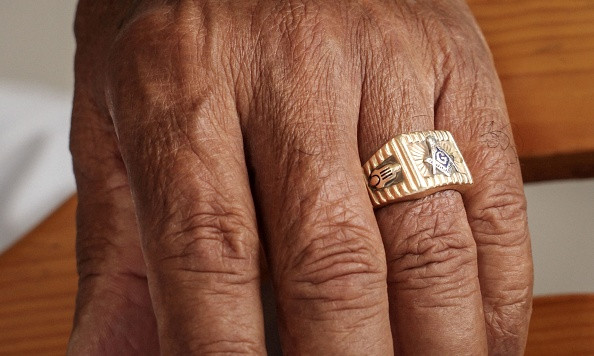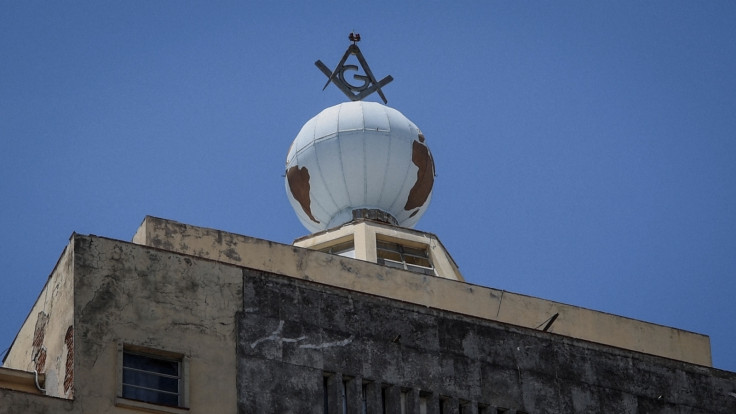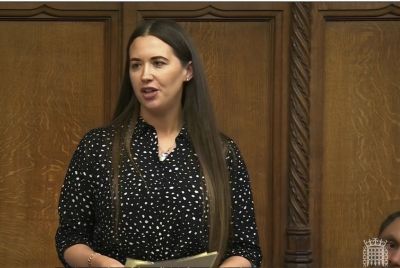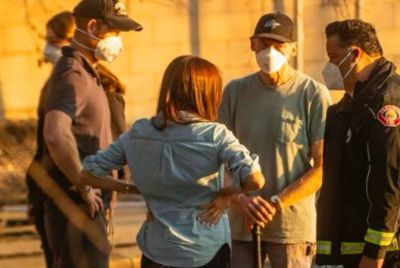Who are the Freemasons and how did they begin?
United Grand Lodge of England boasts six million Freemasons worldwide and over 200,000 in the UK.

Recent revelation that two Freemason lodges created for politicians and political journalists secretly operate from Westminster has continued to generate a lot of unease.
The idea of a secret society full of the country's most powerful people is enough to trigger public concerns about their influence within politics, but members of the society have argued that it is a positive thing.
This month, Dr David Staples, Chief Executive of the United Grand Lodge of England (the oldest masonic Grand Lodge in the world) bought up advertising space in several newspapers, claiming Freemason members were severely misrepresented in the media.
Common myths about members include their overpowering influence in the justice system, that they have a relationship to (or are controlled by) the Illuminati and they worship Satan. It was even speculated they were involved in the Titanic sinking. What is more, since 1738 the Catholic Church has condemned Freemasonry, a position re-affirmed in 1983.
In the adverts Staples pointed to the £33 million Freemasons raised for charity in 2017, BBC reported.
He told The Guardian: "Contrary to populist perception, being a Freemason helps those members in roles serving society in the broader sense, including journalists, politicians, policemen and lawyers, to be better in those jobs by encouraging them to act as better people themselves. Their membership is a positive for both them as individuals, and for society at large."
He added that more members would come forward if they were not stereotyped or suffer discrimination.
The private nature of Freemasonry has led to widespread confusion about what the organisation does, and rumours that such secrecy conceals business nepotism.
Below is what you need to know about the Freemasons.
When did Freemasonry begin?
Freemason lodges have been meeting since the 1700s according to London Freemasonry's website. It was in 1717 that four lodges met and formed the first governing body for Freemasonry.
The UGLE now claims there are 200,000 Freemasons in the UK.
What is it?
Freemasonry is a fraternal society believed to have its roots in medieval trade guilds. It bases itself on the fraternities of medieval stonemasons who would use secret words and symbols to recognise each others' legitimacy, according to The Guardian.
In addition, it is a non-political and secular organisation. They describe their interests as "making good men better" and stress being a good family member, friend, neighbour and employee. Membership is dependent on a belief in a Supreme Being.
This seeming paradox between worshipping a higher being and being secular has been pointed out before, to which members have responded that whilst they do not discuss religion, the society is made up of people of faith.

On the London Freemasonry website they state: "We do not even allow discussion of religion at our meetings, as that could be divisive. We do require members to believe in a Supreme Being, however, as our ceremonies would make no sense to non-believers. Masonic meetings begin with a non-denominational prayer – as do meetings of Parliament, a local Scout troop and Remembrance Day services."
There are about six million Freemasons worldwide and more than 200,000 in the UK under the United Grand Lodge of England, Moreover, well known members allegedly included Winston Churchill, the Duke of Wellington, Lord Kitchener, Kings Edward VII, Edward VIII and George VI and Prince Philip, although their association with the group have never been confirmed.
What happens in meetings?
According to London Masons, they "enact rituals based loosely on the historical ceremonies of stonemasons' guilds. These are effectively short thought-provoking 'morality plays' that use allegory and symbolism associated with the stonemason's craft to illustrate moral and charitable lessons, and everyone has a part to play".
How does someone become a member?
Freemasons do not solicit for members, however people can approach them to find out more. Membership is open to all men above the age of 21 - of any faith or race - who meet their "standards of character" and believe in the Supreme Being as mentioned.
If you want to join you must be recommended by two people already in the society and your character will be examined.
Can women become members?
Women are allowed to be Freemasons as long as they are associated with a female-only or mixed lodge. The Order of Women Freemasons have regular meetings in lodges around the country and perform initiations and rituals like their male counterparts.
Where are lodges outside of England?
Grand lodges can be found in Canada, US, Scotland, Ireland, Australia, Belgium, Brazil, France, Germany, Greece, Iceland, Israel, India, Italy, Japan, Mexico, Netherlands, Norway, Panama, Peru, Philippines, Portugal, Spain, Sweden, Switzerland and Turkey, according to the Masonic Directory.























